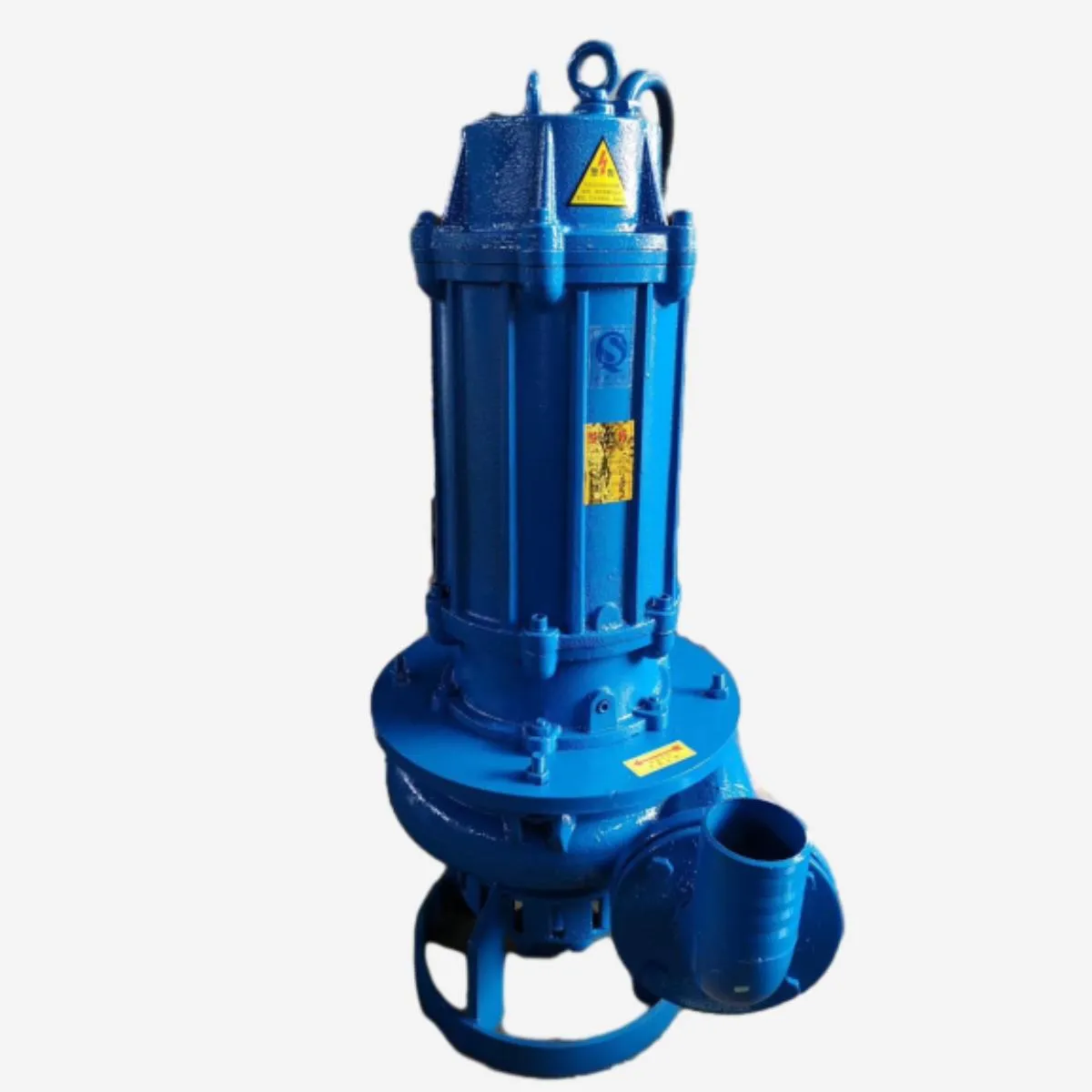English
- Afrikaans
- Albanian
- Amharic
- Arabic
- Armenian
- Azerbaijani
- Basque
- Belarusian
- Bengali
- Bosnian
- Bulgarian
- Catalan
- Cebuano
- Corsican
- Croatian
- Czech
- Danish
- Dutch
- English
- Esperanto
- Estonian
- Finnish
- French
- Frisian
- Galician
- Georgian
- German
- Greek
- Gujarati
- Haitian Creole
- hausa
- hawaiian
- Hebrew
- Hindi
- Miao
- Hungarian
- Icelandic
- igbo
- Indonesian
- irish
- Italian
- Japanese
- Javanese
- Kannada
- kazakh
- Khmer
- Rwandese
- Korean
- Kurdish
- Kyrgyz
- Lao
- Latin
- Latvian
- Lithuanian
- Luxembourgish
- Macedonian
- Malgashi
- Malay
- Malayalam
- Maltese
- Maori
- Marathi
- Mongolian
- Myanmar
- Nepali
- Norwegian
- Norwegian
- Occitan
- Pashto
- Persian
- Polish
- Portuguese
- Punjabi
- Romanian
- Russian
- Samoan
- Scottish Gaelic
- Serbian
- Sesotho
- Shona
- Sindhi
- Sinhala
- Slovak
- Slovenian
- Somali
- Spanish
- Sundanese
- Swahili
- Swedish
- Tagalog
- Tajik
- Tamil
- Tatar
- Telugu
- Thai
- Turkish
- Turkmen
- Ukrainian
- Urdu
- Uighur
- Uzbek
- Vietnamese
- Welsh
- Bantu
- Yiddish
- Yoruba
- Zulu
Telephone: +86 13120555503
Email: frank@cypump.com
Aug . 21, 2024 21:53 Back to list
Understanding Horizontal Centrifugal Pumps in Pipeline Applications for Efficient Fluid Transport
The Importance of Horizontal Centrifugal Pumps in Pipeline Systems
Horizontal centrifugal pumps are essential components in various industrial applications, particularly in pipeline systems. These pumps are designed to move liquids through a pipeline, utilizing centrifugal force to generate fluid movement. Their efficient operation, robust design, and versatility make them a preferred choice in many sectors, including water treatment, oil and gas, agriculture, and chemical processing.
Working Principle
The operation of a horizontal centrifugal pump is based on Bernoulli's principle, which states that an increase in the speed of a fluid occurs simultaneously with a decrease in pressure. The pump consists of an impeller, which is a rotating disk with blades that impart energy to the fluid. As the impeller rotates, it throws the liquid outward from its center, increasing the fluid's velocity and converting mechanical energy into hydraulic energy.
The design of a horizontal centrifugal pump allows it to operate effectively at various flow rates and pressures. The pump casing, typically made of durable materials like cast iron, stainless steel, or plastic, houses the impeller and helps direct the flow of liquid in a controlled manner. By minimizing turbulence and optimizing flow paths, these pumps ensure efficient energy use and maintain the integrity of the liquid being transported.
Advantages
One of the key advantages of horizontal centrifugal pumps is their ability to handle a wide range of fluids, from clean water to viscous liquids and slurries. Their design can be customized with different impeller configurations and materials to suit specific applications. For example, in the oil and gas sector, pumps may be equipped with specialized coatings to resist corrosion and wear caused by abrasive materials.
pipeline/horizontal centrifugal pump

Another significant benefit of these pumps is their high efficiency
. They are capable of maintaining optimal flow rates with relatively low energy consumption, which is crucial for reducing operational costs in large-scale pipeline systems. Additionally, horizontal centrifugal pumps are straightforward to maintain and service, with easily accessible components that can be replaced or repaired, minimizing downtime.Applications
In pipeline systems, horizontal centrifugal pumps are used for various purposes, including water distribution, sewage treatment, chemical transfer, and fluid circulation in cooling systems. Their versatility makes them suitable for both industrial and municipal applications. For instance, in irrigation systems, these pumps are employed to move water from reservoirs to farmlands, ensuring adequate irrigation for crops.
In the oil and gas industry, horizontal centrifugal pumps are critical for transporting crude oil and refined products through pipelines, leveraging their durability to withstand harsh operating conditions. Similarly, in chemical processing, they facilitate the movement of corrosive chemicals, often designed to meet strict safety and environmental regulations.
Conclusion
Horizontal centrifugal pumps play a vital role in the efficiency and effectiveness of pipeline systems across various industries. Their ability to manage different types of fluids, coupled with their high efficiency and low maintenance requirements, makes them an excellent choice for both large-scale industrial applications and smaller municipal needs. As technology advances, these pumps continue to evolve, incorporating smart technologies and materials that enhance their performance and longevity, solidifying their importance in modern engineering and infrastructure development.
-
Custom Drilling Mud and Slurry Pump Supplier - High Efficiency, Tailored Solutions
NewsJun.10,2025
-
Supply Vertical Submersible Sewage Pump High-Efficiency WQ/QW Pumps Supplier
NewsJun.10,2025
-
Premium Sewage Ejection System & Pumps Efficient Waste Removal
NewsJun.09,2025
-
Premium Wholesale Slurry Pump Impellers Durable & Efficient Slurry Handling
NewsJun.09,2025
-
Top Sewage Pump Companies Durable Industrial Solutions for Efficiency
NewsJun.09,2025
-
Heavy Duty Slurry Pumps - OEM High Performance & Bulk Wholesale
NewsJun.09,2025










